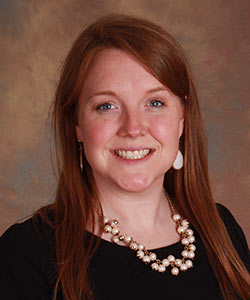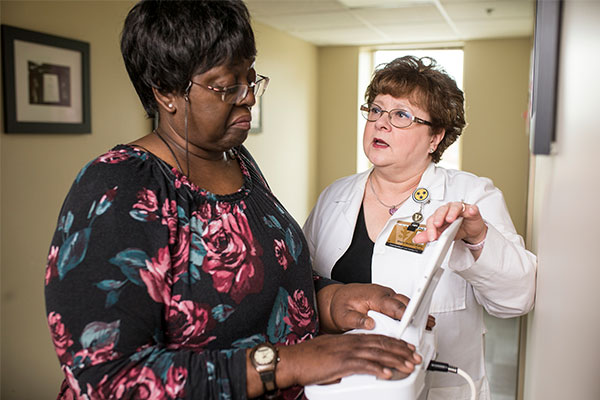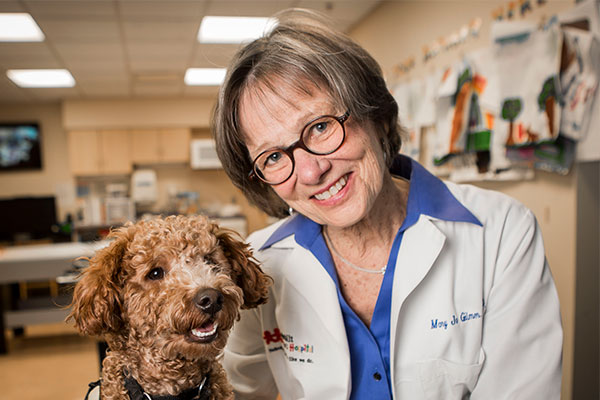Vanderbilt cancer researcher pairs with LGBTQI+ expert on OUT: The National Cancer Survey
Despite research that shows LGBTQI+ people are at increased risk for cancer, resources tailored to this population are few and little is known about their specific health care experiences and needs.
 Vanderbilt School of Nursing cancer researcher Bethany Rhoten, PhD’13, MSN’09, is co-primary investigator for OUT: The National Cancer Survey, a major research project that seeks to document the experiences of LGBTQI+ people with cancer. Her co-PI is NFN Scout, PhD, MA, executive director of the National LGBT Cancer Network.
Vanderbilt School of Nursing cancer researcher Bethany Rhoten, PhD’13, MSN’09, is co-primary investigator for OUT: The National Cancer Survey, a major research project that seeks to document the experiences of LGBTQI+ people with cancer. Her co-PI is NFN Scout, PhD, MA, executive director of the National LGBT Cancer Network.
“My program of research focuses on the cancer survivorship experience and psychosocial issues related to acute and chronic illness,” said Rhoten, a Valere Potter Menefee Dean’s Fellow at VUSN. “I had become interested in better understanding and advocating for the survivorship needs of LGBTQI+ people diagnosed with cancer. Dr. Scout and I met at the NIH Sexual and Gender Minority Regional Workshop and discussed research ideas and important gaps that needed addressing.”
Scout said that the National LGBT Cancer Network ran a smaller scale survivor survey years ago and the insights were profound. “People told us how their families would shun them, how they had to drive miles out of their way to find a welcoming provider, how their partners weren’t really made to feel welcome,” he said. “This time we hope to get a larger and more diverse group of respondents, to really get a picture of what health care is like for our people right now.”
One of the project’s goals is to publish a report on the experiences of LGBTQI+ Black and Brown cancer survivors. The Center for Black Equity is a partner in the study and assisting with recruitment of Black and Brown LGBTQI+ study participants. “Too often my community is not represented adequately in research, but our experiences are not the same as others,” said Earl D. Fowlkes Jr., the center’s president. “We need to elevate and explore those differences.”
“LGBTQI+ people have specific health care needs and concerns that are not always addressed by health care providers. Additionally, research has shown that they are less likely to seek health care because they fear discrimination, insensitivity or that the provider won’t understand their needs,” Rhoten said. “Our goal is that LGBTQI+ cancer survivors are heard. We hope to obtain data that will influence future research and intervention development, as well as influence organizational, local, state, and national policy.”
The survey is open to any LGBTQI+ cancer survivor or patient in the U.S. over the age of 18; it will remain open through 2020, with research findings released in mid-2021.
The survey can be taken on a phone, tablet or computer. To take the survey, go to https://bit.ly/outcancersurvey







